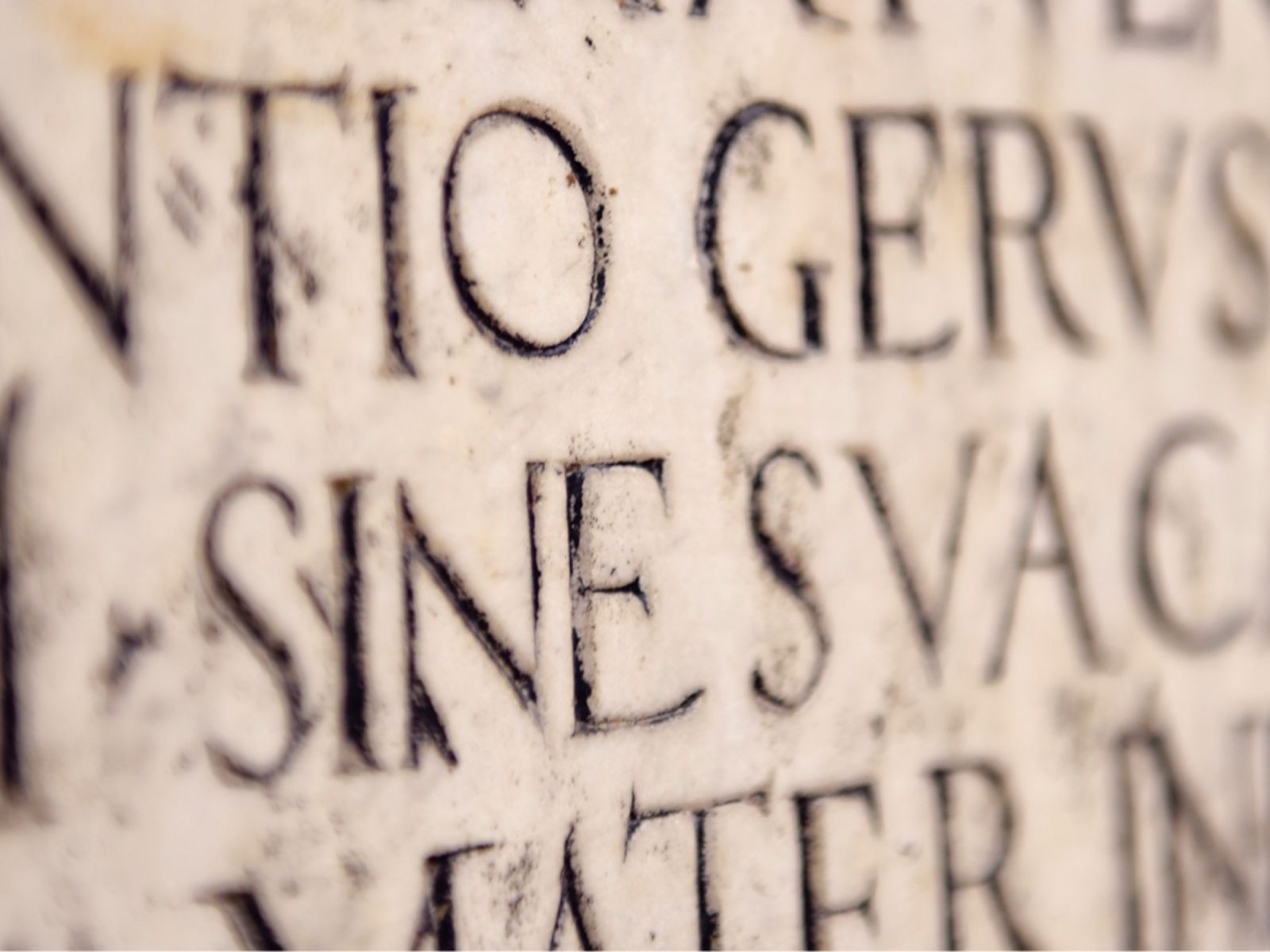Latin

All Ages
Who in Studio Education is teaching Latin?
Studio Education has three Latin teachers currently: Mr David Symington (MA Classics (Oxford)), Mr Alex Simpson (MA Classical Studies (Texas Tech)) and Mr Isaac Leaver (MA Latin and Mediaeval History (St Andrews)).
How long is the Latin course at Studio Education?
Studio Education offers two courses of different lengths. The shorter one has been designed for students who have accepted places at schools that will teach Latin and who, therefore, require a rigorous course of around 15 weeks that will familiarise them with the entire general scope of the language including terminology, declensions and conjugations. The longer one is for students who express a general interest in learning Latin for long-term or personal academic reasons and who, therefore, have the time to explore the language more thoroughly.
Is learning Latin really that different from learning, for example, French?
Absolutely. The nature of Latin as an ‘inflected’ language— i.e. one that syntactically relies on word endings rather than word order— its complexity in terms of cases, genders and constructions and its status as an unspoken language mean that it cannot be learnt through conversation and the accumulation of various phrases. It also means that Latin works in a way that is fundamentally different from most commonly-learnt modern foreign languages. Therefore, a far more profound appreciation of its mechanics, especially is grammar, is required from day one.
Which books are used throughout the course?
Compulsory: The Collins Latin Dictionary and Grammar; the Lingua Latina Per Se Illustrata, Pars I: Familia Romana by Hans Ǿrberg; Latin for Beginners by Benjamin L. D’Ooge. Highly Recommended: Kennedy’s Latin Primer by Benjamin Hall Kennedy; Latin Prose Composition for the Middle Forms of School by M. A. North and A. E. Hillard
Does Studio Education privilege learning by immersion or learning by prescription?
In short, neither and both. First of all, we recognise that Latin is a language that can be taught effectively neither solely by immersion—i.e. engaging with narrative texts that reveal the Latin to the student gradually and slowly—nor solely by prescription—i.e. engaging with the ‘building blocks’ of Latin such as declension and conjugation and learning them by rote in a clinical fashion. Secondly, we appreciate that different students approach learning from different directions, and that an emphasis on immersion or prescription could suit the individual learner to optimise their progress. Thirdly, the amount of time we have with the student affects our emphasis: a student who is with us for the shorter course simply has to cover more ground more quickly, and so in this case a more (but not wholly) prescriptive approach will be considered initially. The balance of immersion-prescription will be tailored for each student and their strengths.
Does Studio Education encourage active as well as passive engagement with Latin?
Yes. The trend of the last two generations or so of schooling has been marked by a decline in ‘active’ engagement with the Latin language through the exercise of translating from English into Latin as part of the curriculum. We believe that this has been a mistake as active translation encourages students to understand and think more deeply about the way in which Latin as a language works, therefore boosting their comprehension of texts. Therefore, English to Latin translation is a consistent, regular and frequent element of our courses.
Which qualifications does Studio Education intend to be available to its Latin students?
For those who are taking the shorter course, then the objective is for the student to leave feeling more confident in embarking upon their Latin education in a classroom environment the following term rather than to obtain a certificate. For those who are taking the longer course, then the UK GCSE in Latin will be the standard qualification which they will aim to attain. We estimate that, starting ab initio (from the beginning), this should take between four and six semesters at Studio. Following that, further qualifications in the UK A-Level or the IB will be up for consideration.
Latin is available in private classes of up to four students, in person or online.
